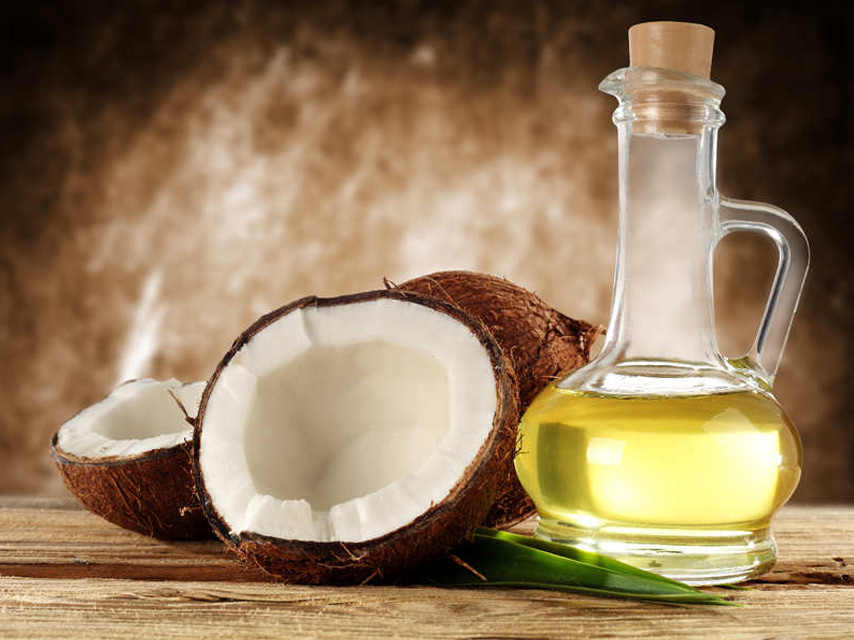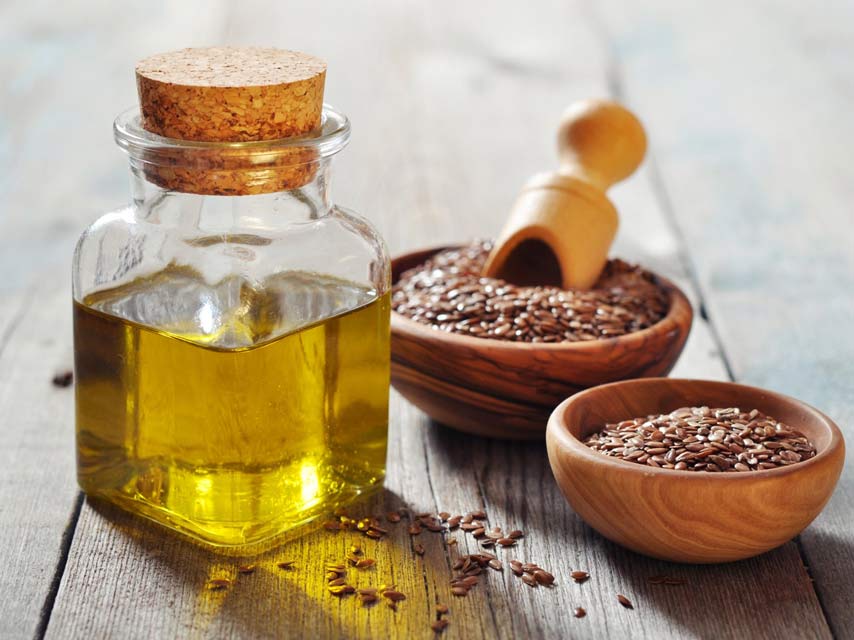Healthiest Cooking Oils
Many factors are to be taken into consideration when choosing a cooking oil: smoke point, flavour profile, intended cooking method and health implications. For instance, for the vast majority of the Mauritian population, the local gastronomy revolves mostly around Indian dishes and oil being heavily present in Indian dishes, it is primordial to pick the right one.
Reading about how the Mediterranean stay fit because of the olive oil they use on a daily basis might seem appealing at first, but it is worth examining whether it matches our cooking techniques before making the switch. As it turns out, since most of Indian cooking is done at a high smoke point, the extra virgin olive oil, that is touted as the healthiest oil, does not make the cut for Indian-style cooking. However, olive is not your only option; there are other healthy alternatives.
Here are the top 6 cooking oils that can be used to prepare tasty dishes in the Indian-inspired Mauritian cuisine.
Mustard oil
Mustard oil is a great oil substitute for traditional cooking oil options as it is often used as a stimulant to help digestion and circulation. Since hot and spicy foods are linked to indigestion and other stomach problems, this oil might come in handy when cooking Indian dishes.

Coconut oil
Heat, along with light and oxygen, can destroy the beneficial fats in some oils. Coconut oil, being full of saturated fat, is able to withstand higher temperatures than other oils, making it one of the best oils for high-temperature cooking, the basis of most Indian dishes. It also gives a delicious taste and superb texture to foods, ideal for sautéing and stir-frying.

Canola oil
Canola oil is derived from rapeseed, a flowering plant, and contains a good amount of monounsaturated fats and a decent amount of polyunsaturated fats. Of all vegetable oils, canola oil tends to have the least amount of saturated fats. It has a high smoke point, which means it can be helpful for high-heat cooking and can be used for roasting, frying, and baking.

Palm oil
Palm oil is a rich source of antioxidants, carotenes and Vitamin E. It is a staple in West African and tropical cuisines, and it's also especially well-suited for curries and other spicy dishes. However, it is recommended that you use palm oil, made from the flesh of the fruit, rather than the palm kernel oil which is extracted from the nut kernel or the seed of the fruit. Since palm kernel oil is not organically produced, it requires heavy processing and thus lacks the nutritional benefits derived from the red palm oil.

Sesame oil
This oil is often used for its delicious and nutty flavour. Unrefined sesame is light in colour, and is best used when cooking at a low to medium heat while refined sesame oil, the more processed version with a neutral flavour, is best for deep-frying or stir-frying because of its higher smoke point.

Sunflower oil
This oil has a high smoke point and does not have a strong flavour, which means it won’t overwhelm a dish. It is also high in vitamin E; one tablespoon contains 28% of a person’s daily recommended intake of the nutrient. While useful for occasional deep-frying and high-heat sautéing, many health-conscious cooks prefer to stay away from refined vegetable and seed oils due to their lack of nutrients and highly processed nature.

You may also like
Comments



 French
French


